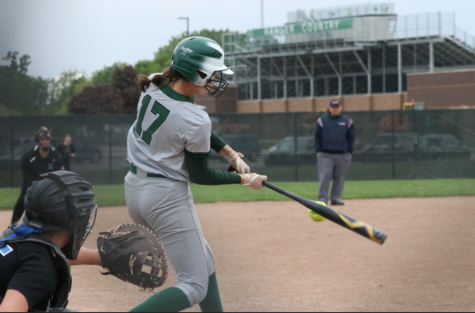Practice makes perfect

As FHC’s athletes return from winter break, their chosen sports continue to remain in full swing. The hard work and dedication our athletes put into their sports are unmatched and are shown throughout every practice and competition. This success isn’t created solely by themselves though. So, who also receives the credit and what happens behind the scenes?
Coaches are a crucial part of every sport as they ensure safety, provide encouragement, and demonstrate and instill commitment. Without our FHC coaches, there would be no such thing as a successful Ranger team. But unfortunately, success doesn’t magically appear, for it comes through the hard work of the players during their practices. Let’s take a look at how some coaches like to plan for their team’s success.
Varsity basketball coach and history teacher Kyle Carhart likes to stick to a consistent routine as he plans each practice. “I have a blank practice plan that I have used from the time that I started coaching,” Carhart said. “It is based off of a similar one that Coach [Ken] George and my college coach used. I have a somewhat similar plan every day but try to create a daily plan that has a competitive flow while also meeting the objectives that we have for the day.”
Since basketball is a team sport that requires the same amount of practice from each player in order to achieve success, it can have a consistent schedule depending on what the team needs to work on overall. Unlike basketball though, some sports are more individualized toward specific athletes. Head bowling coach Jerry Tarabek has expressed how he adapts to the different needs of each of his athletes.
“Whether you win or lose, you need to look at what worked and what did not and tailor the practice around what is needed for each bowler,” Tarabek said. “Sometimes it is simple spare shooting drills or working on team cohesiveness which is very important during matches.”
Every sport requires a different amount of skill sets along with a different amount of strain that is placed on your body. Coach Tarabek explained how he feels it is important to have consistency in his practices so that his players are always ready for their upcoming matches. Unlike Tarabek, head gymnastics coach Jordan Lytle believes it is important to switch her practices around depending on if her gymnasts will be competing the next day or not.
“Usually before a meet, our focus is on the routines we are competing the next day,” Lytle said. “We spend our time on training to make these routines consistent, and the day before a meet, we don’t condition heavy to make sure the athlete’s bodies are set for competition the next day.”
After games and meets, some coaches prefer to switch up their practice plans and focus heavily on what their team struggled with in the most recent competition while other coaches choose to stick to their consistent schedules.
“Our practice plan looks the same regardless of win or lose. However, following every competition we review our score sheets and make adjustments to routines as needed,” Lytle said. “While winning is always a goal, our main goal is doing the best we can as a team.”
As our Ranger teams begin to see success throughout the winter season, remember to also credit all of the hard work that our FHC coaches put in behind the scenes to plan their practice schedules in order to keep the conference championship banners on the walls with in the gym and the state championship flag flying high in front of our school.

Charlotte Stephan is a senior beginning her first year with Sports Report as a staff member. Charlotte does gymnastics and plays softball with the high...


